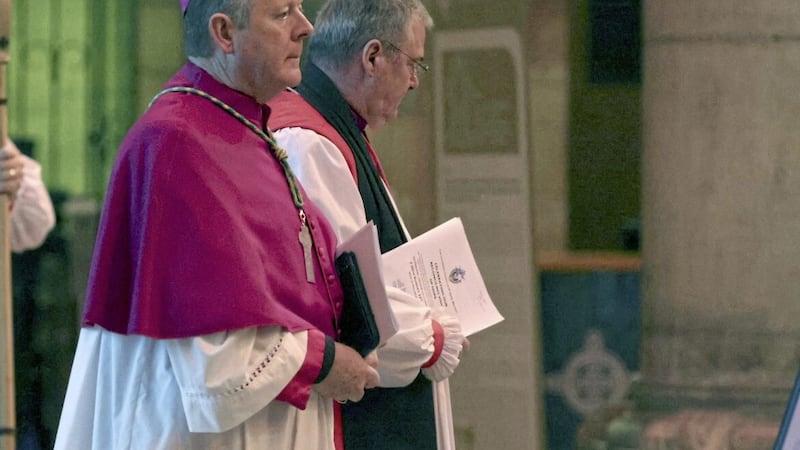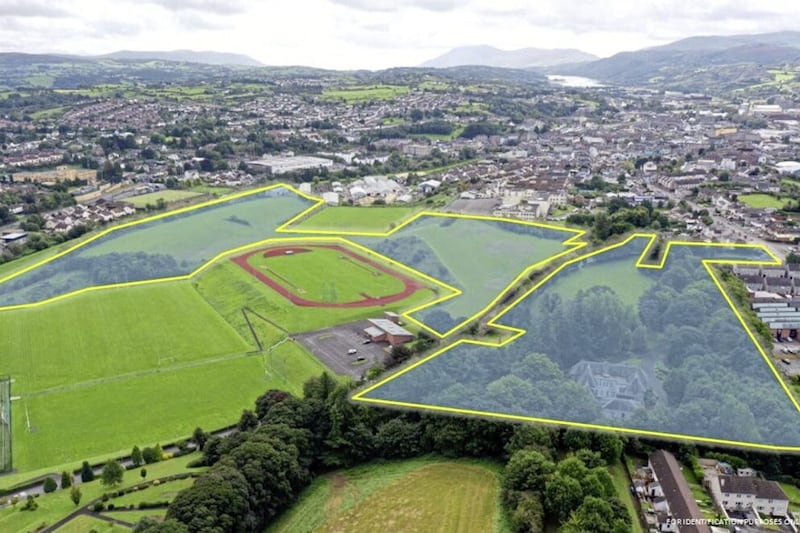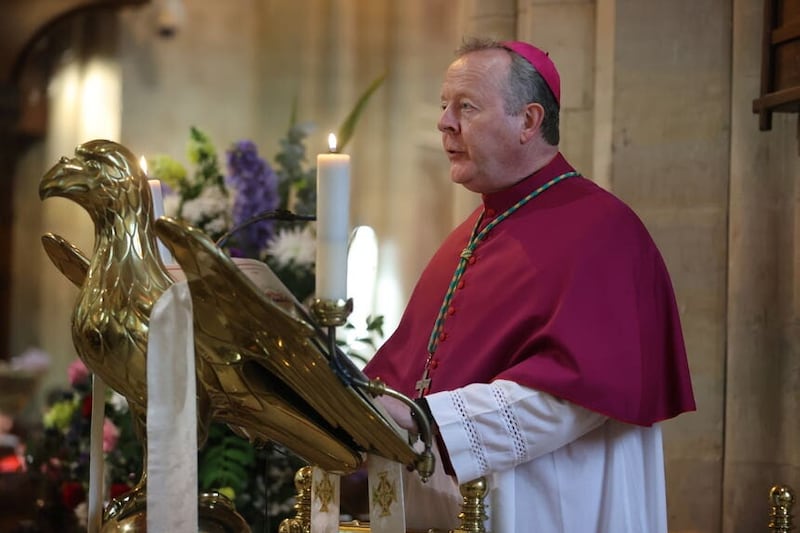ARCHBISHOP Eamon Martin has said religious leaders could help to develop an agreed truth recovery process to address the legacy of the Troubles.
The Catholic primate of Ireland made the suggestion during a service at St Anne's Cathedral in Belfast yesterday.
The service was led by the Dean of Belfast the Very Rev Stephen Forde, and saw representatives and leaders from 16 different churches participate.
Also attending the service was Belfast Lord Mayor Christina Black, Northern Ireland Secretary of State Chris Heaton-Harris and the Irish Enterprise Minister and former Foreign Affairs Minister Simon Coveney.
The event was marking 100 years since the first meeting of the Irish Council of Churches on January 23, 1923, during the peak of the Irish Civil War.
It also marked the 50th anniversary of the Ballymascanlon Talks during the Troubles in 1973, which led to the creation of the Irish Inter-Church Meeting.
Archbishop Martin was 11-years-old at the time, and recalled the news images of church leaders gathering for "a historic meeting" while others marched in protest.
"I knew instinctively that something special was happening at Ballymascanlon - it was a beacon of hope in dark times," he said.
Looking to the future, he said that peace, reconciliation and forgiveness across Ireland could only progress by shedding light on the truths of a troubled past that remain "hidden and festering".
"It may seem ambitious, but might we in the Churches offer to help develop an agreed truth recovery process to address the legacy of pain and mistrust that continues to hang over us," he said.
"And might our Churches also work together to create spaces for dialogue at parish, congregation and community level so that all voices can be fully heard about the kind of society and values we want for our children and grandchildren."
Suggesting a manifesto for the next 50 years, he said churches should work together to confront issues of homelessness, racism and sectarianism, human trafficking, support for migrants, climate injustice as well as exploitation and poverty.
He said cooperation could even reveal ways that churches were "supporting or facilitating unjust systems and structures".
Speaking ahead of the service, Bishop Sarah Groves from the Moravian Church said the event was a chance to celebrate historic moves towards reconciliation.
"The creation of the Irish Council of Churches 100 years ago and the talks with the Catholic Church that began 50 years ago has led to an atmosphere of mutual respect between the Churches and enabled us, as brothers and sisters, in Christ, to work together for the good of society."








